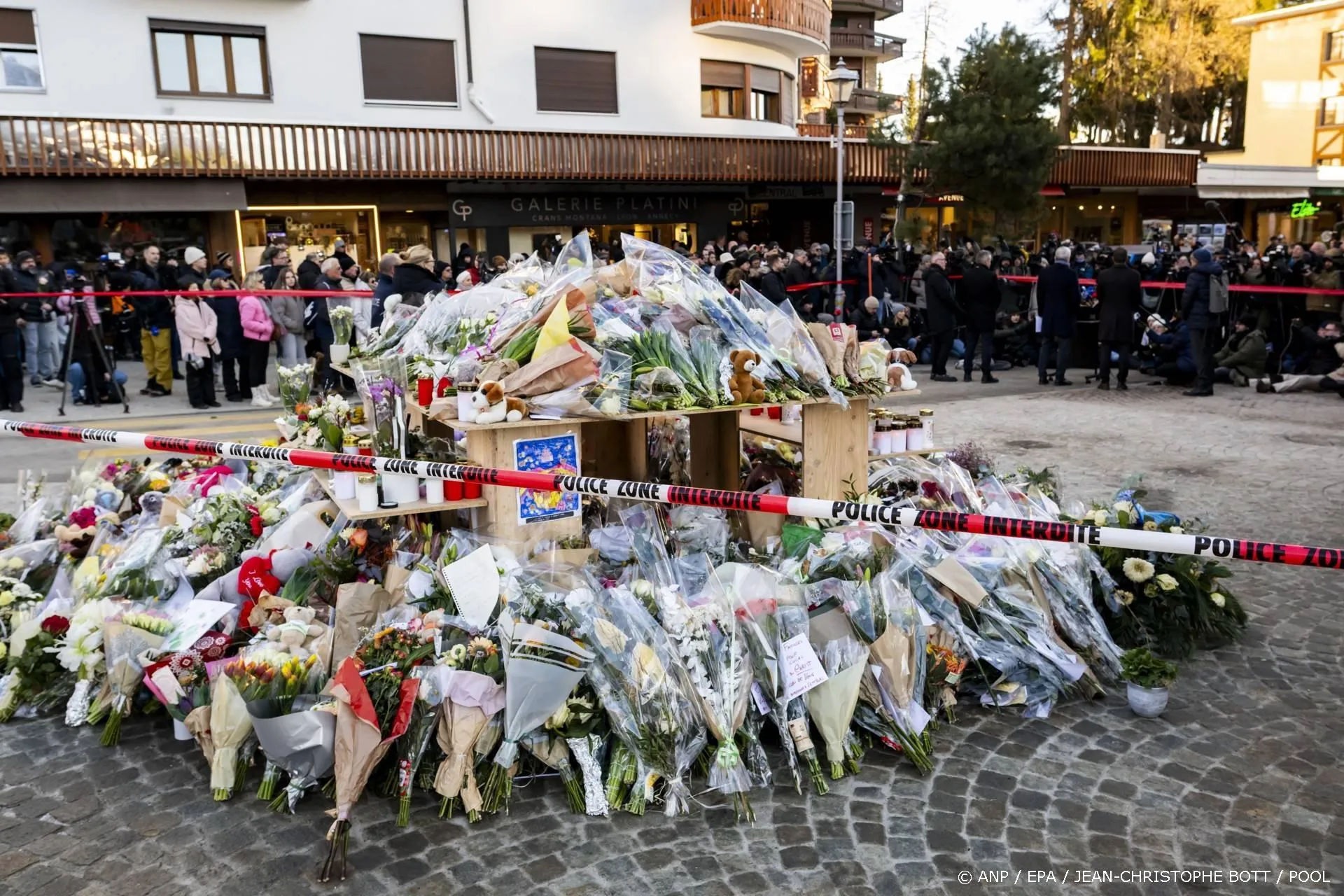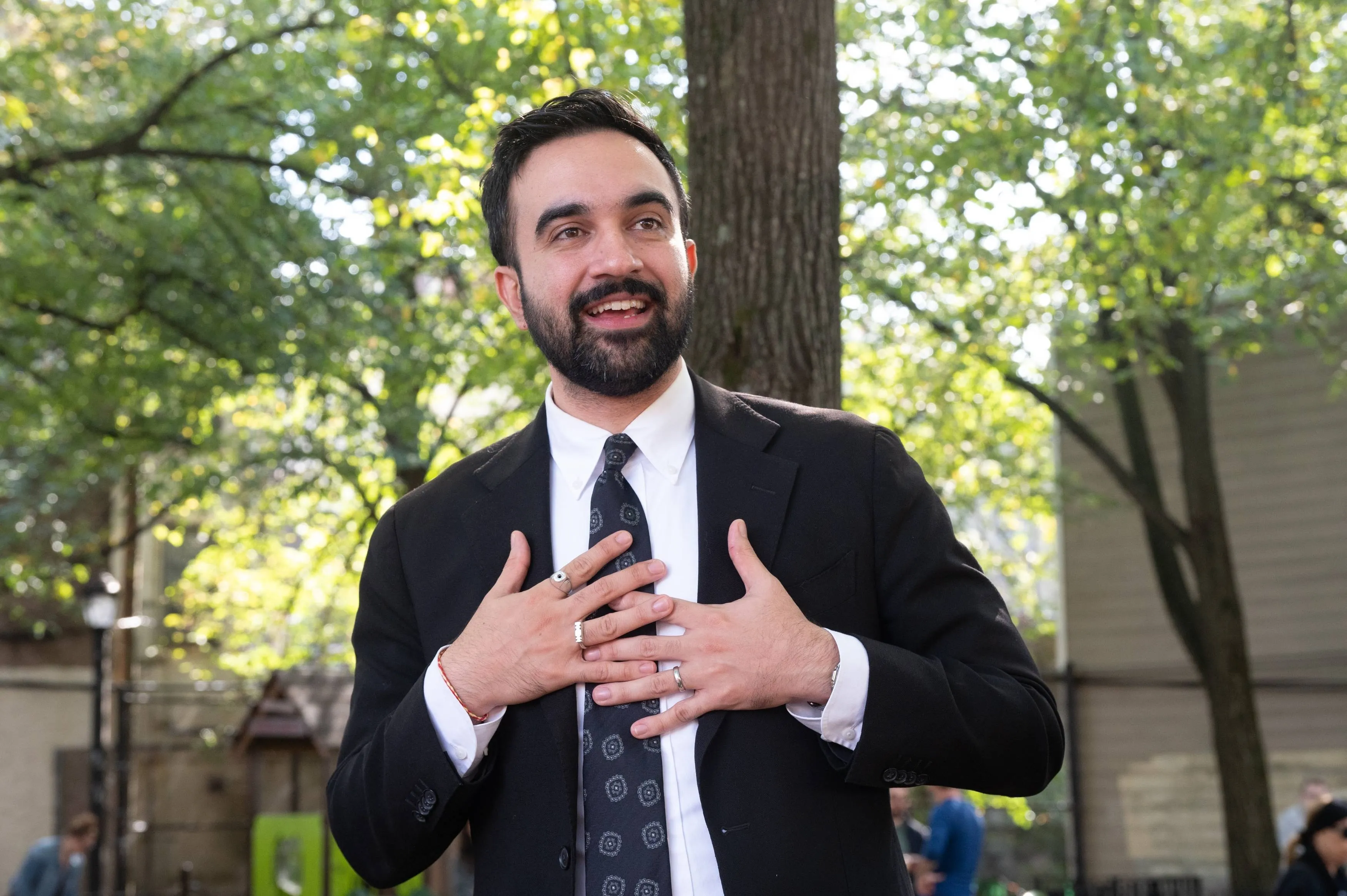Lang leve fossiele energie!
Samuele Furfari: 'If Russia cuts the gas tap, it can forget its dream of selling gas to China one day.'
Samuele Furfari is energieadviseur bij de EU en hoogleraar aan de vrije universiteit in Brussel. Hij heeft onlangs een nieuw en provocerend boek gepubliceerd, 'Vive les énergies fossiles!', waarin hij stelt dat de wereld in een nieuw energieparadigma is terecht gekomen vanwege de overvloed van fossiele energie. Hij voorziet dat deze nog gedurende lange tijd een dominante rol zal blijven spelen en juicht dat toe. Dat is opmerkelijk omdat deze opvatting in strijd is met die van zijn belangrijkste werkgever, de Europese Unie, die een verklaard voorstander is van decarbonisering van de energievoorziening en een transitie naar hernieuwbare energiebronnen. In dit licht zal het duidelijk zijn dat Furfari het boek op persoonlijke titel heeft geschreven.
Aan de samenvatting van de inhoud ontleen ik het volgende:
In his latest book published in French last March, Professor Samuele Furfari breaks a well-anchored myth: fossil fuels have never been as abundant as today. He demonstrates that the quarantine imposed by OPEC in the early 1970s has come to an end thanks to technology and new maritime territories open for exploration and exploitation. He outlines a broad panorama of global oil and gas resources being discovered and yet to be exploited. The shale gas revolution is just beginning, he says, and the implications for geopolitics are huge, since it reshuffles the cards of power at a global level. He questions the cost of an energy transition to a low-carbon economy in Europe through expensive options such as renewables whereas the rest of the world is reaping the benefits of abundant and cheap fossil energy. ...
Hughes Belin had een interview met hem voor 'Enegy Post'. Ik pik er een aantal elementen uit.
A long-time senior advisor at the European Commission, Professor Furfari, author of a brandnew provocative book in French Vive les énergies fossiles! says the world has entered a new energy paradigm as a result of an abundance of energy. He is convinced that Russia will not turn off the gas tap if only because it wants to be seen as reliable potential supplier to China. Ukraine, he says, can solve its energy problem by banning corruption in the energy sector and improving its deplorably poor energy efficiency...
Samuele Furfari is a well-known, flamboyant and highly respected figure in Brussels energy circles. As a longtime advisor to the Director-General for Energy at the European Commission in addition to his work as professor in energy geopolitics at the Free University of Brussels he is often reluctant to voice his opinions in public. But he has just had a new book out in France which minces no words. It is called Vive les énergies fossiles! Hurray for fossil fuels a title which is bound to make him some enemies among renewable energy enthusiasts.
But according to Furfari, the EU was built on the promise of abudant and cheap energy and renewables cannot deliver this at this stage. Fortunately, from his point of view, the world has never had such an abundance of fossil fuels as it has today and this abundance has never been more widely distributed. The shale gas revolution, he says, is just beginning. This has huge implications not only for renewable energy, but also for the EUs security of supply, which has improved drastically, and for Russias position in the world energy market, which is much more vulnerable than most people realise. ...
Gevraagd naar de wenselijkheid van een wijziging van de energiestrategie van de EU antwoordde Furfuri
I dont think we should change the strategy. Its more a spirit we have to develop. At the Messina Conference in June 1955 when the European Community was created, the founding fathers said there wouldnt be any future for the Community without abundant and cheap energy. That remains the fundamentals of any strategy, because, like it or not, the laws of physics tell us that there can be no material welfare without energy consumption. Dreaming of the opposite is to deny physical science. In the longer term, we also have to search for new energies, be they renewable, fossil or nuclear. The answer to your question is therefore: we still have to promote a lot more innovation, which stems from R&D, which in turn stems from fundamental research.
Noot HL: Van die 'geest van Messina' was de laatste tijd niet veel te merken. Het was alles decarbonisering en hernieuwbare energie wat de klok sloeg en over de implicaties daarvan was niet nagedacht.
Q: Is it dangerous for the EU to be too dependent on Russian gas? Does the current crisis threaten EU gas supplies?
A: Everything hangs from what you mean by too dependent. Common wisdom says you shouldnt put all your eggs in the same basket. Western European countries have been dependent on Russian gas for more than 30 years. Eastern European countries for even longer and sometimes fully so thats the case for the Baltic States and Finland. Did a country complain before the crisis of January 2006?
Energy security is like tango: you need two partners which like each other, know each other and know what the next moves will be. We are no longer in 1973 or 1979 when the energy weapon was used to impose geopolitical choices. This is not possible anymore, on one hand because fossil fuel reserves are abundant and much better distributed than we thought just a few years ago, and on the other hand because we live in a globalised world. You cannot annoy a customer without it having an impact on all other customers in the world.
I sincerely think we have entered a new energy paradigm which will impose a pax energetica. As evidence for it, I would point out that despite the high tensions of the last few weeks in terms of international relations we havent had the slightest problem with energy supply.
Q : If the situation escalates in Ukraine, do you think Russia might again cut the gas tap to Ukraine?
A: Russia needs a partner to continue to dance the energy tango. It cannot afford to cut the gas tap ...
Q: What are the problems to solve in Ukraine to reform its energy sector and make it sustainable, efficient and secure? What are the options for its development?
A: I see two: rule of law and energy efficiency. Its no secret that energy in this country was subject to shameful unlawful profits. There have been corruption and strange solutions for its gas supply. It is urgent to restore credibility by applying strict governance in the energy domain and other domains, naturally.
As far as energy efficiency is concerned, the energy intensity of Ukraine in 2011 was 1,619 toe/M, i.e. 11.3 times worse than the EU-27. Imagine the potential for energy savings! Before saying Russian gas is expensive, you need to insist on the terrible energy wastage in Ukraine. Even compared to Poland, which has an energy intensity of 330 toe/M, Ukraine is five times less efficient. I think this is the place to start.
Gas in Ukraine is mostly used in housing and the industrial sector; it is almost not used to generate electricity, which comes from nuclear and coal. You have to quickly start refurbishing buildings and probably in the simplest and cheapest way: isolate roofs. You dont need big strategies or huge financing to make gas consumption fall drastically gas that the country cannot afford.
On top of that, domestic consumers only pay 20% of the price of gas imported from Russia. That cannot continue. Ukraine is part of the Energy Community, of which one goal is to create an energy market in each member state. With such a level of subsidisation, the country is far from fulfilling this objective. It has to correct this as soon as possible because energy efficiency is triggered by real price signals. ...
Gevraagd naar realistische opties voor een verzekerde Europese energievoorziening antwoordde Furfari
Contrary to what you unfortunately hear too often, world energy resources have never been as abundant as today. The peak oil theory is based on assumptions which are constantly denied by facts. Thats why I talk about a counter-revolution in my latest book [see Box at the end].
But even if very abundant, you have to get this energy into the EU and at a competitive price. Our gas suppliers by pipeline (Algeria, Norway, Russia and even Libya) will not disappear. We also need to bring more gas through pipelines and this justifies all the hype about the Southern Corridor. But we also need LNG terminals with which we can make the most of gas spot markets. The Middle East, where you have plenty of natural gas, Mozambique and West Africa, Canada, the Levantine Sea and many other regions, are potential suppliers of competitive energy in the medium term. Of course you can also count on shale gas. Not necessarily from the US but perhaps from Argentina. All of this is still to build and in ten years time our energy supply will be very different from today. ...
Lees verder hier.
Het zou goed zijn indien de EU wat meer naar haar eigen energieadviseur zou luisteren en niet slaafs de decarboniserings- en hernieuwbare energiezeloten als Connie Hedegaard en José Manuel Barroso zou volgen.
Het boek is hier te bestellen.
Voor mijn eerdere DDS-bijdragen zie hier.
Ga verder met lezen
Dit vind je misschien ook leuk
Laat mensen jouw mening weten
Lees ook
Loading


